
On Tuesday evening like every other, I was at church listening to a sermon from my very charismatic Pastor. The comic illustrations he utilised in his sermons and spontaneous bursts into animated singing & dancing were both entertaining and spiritually uplifting. In fact, these evening meetings did more than just strengthen my faith; they were also a way to de-stress after a busy day of work.
Pastor’s spontaneous bursts of singing that day, was supported by the mass choir on stage, then the church instrumentalists went into frenzied fast-paced swinging rhythm, which African Americans fondly describe as ‘Going Baptist’. The fast tempo in syncopation with the calls of ‘He’s able’, ‘God is Able’ by the lead chorister followed by responses from the choir, then the congregation added an exciting twist to the popular Deitrick Haddon song.
All of a sudden, this charismatic church in the city of Accra metamorphosed into a black baptist church from the South: Quick stepping, tap dancing, energetic clapping, the congregation were in the spirit and so was I. Then the keyboardist changed the keyboard tone to a Hammond B3 Organ and what followed were bluesy chords and Jazz…. This was new! I’d never heard this kind of playing at this church. That’s when I got a little distracted and my mind drifted several years back to my first public performance at a Ghanaian church.
Years ago I met Kwame, a Christian brother from the Ashanti Region of Ghana. He was of short stature, hairy, with slight protruding front teeth, slightly bow-legged, skin as dark as coal and was always in a white shirt & black trousers fastened at the waist by the same worn belt which had a stainless steel buckle.
I had memorised his appearance, having bumped into him at least four consecutive times at different churches. Now I am by no means a church hopper but back then, while trying to decide which church to belong to, I attended a few before settling with a newly established branch of a reputable church in Ghana that had branches worldwide.
At the end of the service, Kwame and I exchanged pleasantries as usual. I found out he was some kind of ministry assistant whose job had been to help newly established churches. Without prior warning Kwame decided to introduce me as a music minister to the head pastor of this church, dashing all my plans of sneaking out unnoticed.
Fast forward to the following Sunday, my ‘Special Number’ a term describing song ministrations at church, was received favourably by the congregation. Several members even stood on their feet to applaud my performance. I don’t quite remember the particular song but it was a popular Church chorus which I had rendered with as little embellishment as possible; basic singing, nothing extraordinary.
After the service came an exchange of pleasantries, name introductions and subtle nudges from members to join their church. Then I noticed an elegantly dressed middle-aged man with a refined aura, walking up to me. One of the more elite church members, I assumed. A deacon, who had waited patiently for the excited crowd around me to disperse before expressing his opinion, so I thought! But the first words from his mouth came as a shock to me, Without a hello or hi, he simply asked, “Are you a Jazz Singer?”
His question took me by surprise and for a few seconds I stared at him without responding. I thought of pretending not to understand what he meant but that would be a lie, and we were in church…so much for my trying to keep a low profile! I thought if I performed a simple church song void of any embellishments, I would sound like any other singer. I was not ready to explain my musical preference to a church and get judged for it.
But this man standing before me knew. “How was that even possible in this small church?” I wondered in my mind, within those few seconds of shock. Since there was no point denying it, I responded awkwardly “Yes, but how did you know…?” I asked. “I could tell from the tone of your voice…” He responded with a slight chuckle and then a smile. Later I decided to become a member of this church and to assist their struggling choir. I informed the head pastor that I was a Jazz singer, same thing I did with subsequent pastors of other churches.
About three months after becoming a member of the church, the pastor called me to his office during a mid-week service to inform me that two members, a deacon (not the elite one from earlier) and deaconess had reported me to him.
Deaconess: Pastor there is something we want to tell you about Sister Yomi
Pastor: Ehen, what is it about Sister Yomi?
Deacon: Eeen we heard that she has been singing at some Lounge.
Deacon & Deaconess unison: So we just wanted you to know about it.
Pastor: I already know about it because she told me herself. In fact she invited me to come watch her perform there.
This was my pastor recounting the complaints of said deacon and deaconess, both of whom I labelled ‘Nkonkonsa United’ since they were two. (Nkonkonsa is the Akan – Twi language word in Ghana meaning “to gossip”, a Gossiper or busybody. Also the act of “eavesdropping”, rearranging gathered data or disseminating information to an unintended audience.)
But seriously what were these busybodies hoping to achieve? I had graciously offered my exceptional singing talent and ministry to the church every week. Was coaching and bringing in new members to their previously struggling choir free of charge.
\Now they expected the pastor to penalise or suspend me for singing at a lounge? Isn’t it strange that an institution that was largely responsible for the development of Jazz over a century ago is the same one that demonises Jazz today? For this reason, let us examine the role of the church in the development of Jazz.

The church, particularly the African American church, played a profound and multifaceted role in the development of Jazz. As a cultural and religious centre, the church provided the musical foundations, performance practices and community structure that nurtured the art form from its roots in spirituals and hymns to its flourishing in New Orleans and beyond.
Musical influences
- Spirituals and gospel – Enslaved Africans created spirituals as a form of religious expression. These songs, which served as a coded means of communication during the era of slavery, became a foundation for both gospel and jazz music.
- Melody and harmony – African American musicians in the church were exposed to traditional Western hymn harmonies. They combined these with African-derived rhythms and call-and-response patterns, laying the groundwork for the more complex harmonic and improvisational elements of Jazz.
- Improvisation – While gospel music features composed pieces, the spontaneous, emotive and often interactive nature of church services fostered a culture of on-the-spot creativity. This environment of improvisation and “feeling” the music was a direct precursor to the improvisational core of Jazz.
- Call and response – The traditional African practice of “call and response,” where a leader’s musical phrase is answered by a chorus, was central to African American church services. This became a vital element of Jazz, heard in the interplay between instruments and soloists.
Community and performance traditions
- Incubation space – For many African Americans, the church was the centre of community life and provided a safe space to develop musical traditions. It was in these churches that early forms of blues and gospel incubated and later influenced Jazz.
- Funeral parades – In New Orleans, the tradition of the Jazz funeral has its origins in African spiritual practices and Christian burial rites. A brass band would march slowly to the cemetery playing sombre hymns. After the burial, the band would “cut the body loose,” performing joyful, swinging music as a celebration of the deceased’s life. This tradition directly blended sacred and secular music and provided a key setting for developing Jazz instrumentation and performance style.
- Blues and spirituals coexisting – Both the blues (which often expressed personal hardship) and spirituals (focused on faith and liberation) coexisted and drew from similar roots. Many early Jazz musicians grew up with both, allowing themes of suffering and hope to inform their music.
Later influence – sacred and spiritual Jazz
- Spiritual Jazz movement – The influence of the church was not limited to the birth of Jazz. In the 1960s, prominent Jazz musicians consciously returned to religious themes. The spiritual Jazz movement included artists who explored universal spirituality through their music.
- John Coltrane – The saxophonist and composer’s landmark album A Love Supreme (1965) was a musical expression of praise to God, influenced by his Methodist Episcopal Zion Church upbringing.
- Artists returning to their roots – Musicians such as Horace Silver, Pharaoh Sanders, Charles Mingus and Cannonball Adderley created pieces with overt gospel influences, seeking a new source of inspiration for a Jazz sound they felt had become too “cool”.
- Alice Coltrane and Dorothy Ashby – Following John Coltrane’s death, his wife Alice Coltrane and Jazz harpist Dorothy Ashby continued to create spiritually-charged Jazz, drawing from both Christian and other religious traditions.
The modern legacy
Today, the church’s influence continues in the work of contemporary artists who incorporate religious and spiritual themes into their music. The acoustic qualities of a church space have also become an aesthetic element that modern Jazz musicians seek to recreate, carrying the “church room” with them through effects pedals and other means.
Back to my Pastor of several years ago, well he never made it to my performance at the Lounge, but he and several church members did honour my invitation to a God Made Jazz Concert I organised. It was a ticketed event and I had to pay for the venue. After the event, my Pastor called me aside and told me I didn’t need to pay for venues when I had the Church venue and music instruments at my disposal. The next God Made Jazz Concert was held at the Church auditorium, where almost every church member attended along with outside guests.
I believe more Church leaders need to receive re-orientation and a study of music history. But in the meantime, I shall keep on with God Made Jazz. God Made Jazz happens to be an important 30-minute segment of inspirational/ Christian Jazz on my radio show, Maximum Jazz, that has existed since 2012. It is also the Title of my Jazz Concerts targeting Church musicians and persons of faith. Its theme: Taking Jazz back to Church, from whence it came!!!
>>>Me & My Jazz are the weekly musings of Jazz Singer & Jazz Radio Host, Yomi Sower. Her programme, Maximum Jazz, airs on Saturdays 4-7PM on Ghana’s Guide Radio 91.5FM. She is a Professional Voice Coach also offering Vocal Jazz Tuition @YomiSower -Facebook, Instagram, TikTok, X and E- mail: [email protected]
The post Me & My Jazz with Yomi Sower (Episode 5): God made Jazz: Role of the church in the development of Jazz appeared first on The Business & Financial Times.
Read Full Story
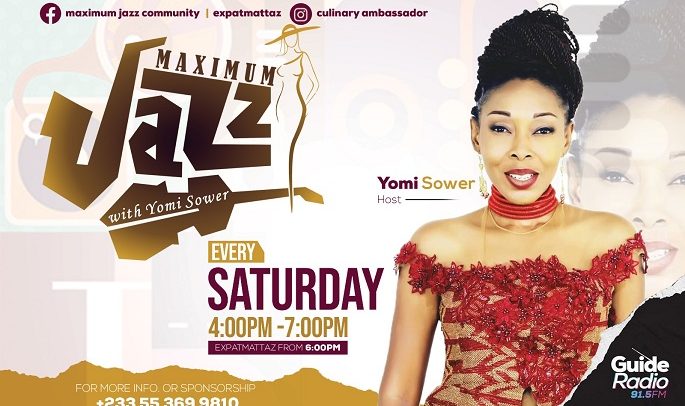
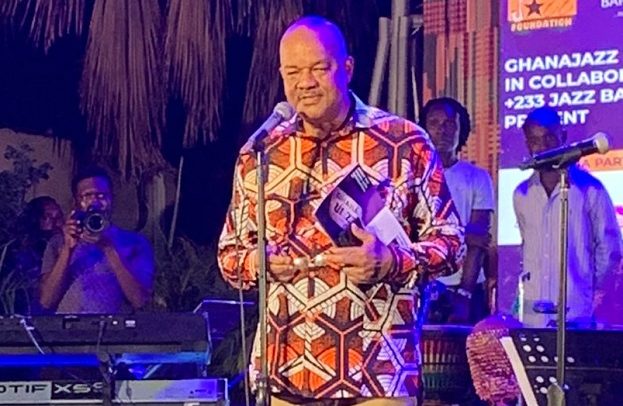
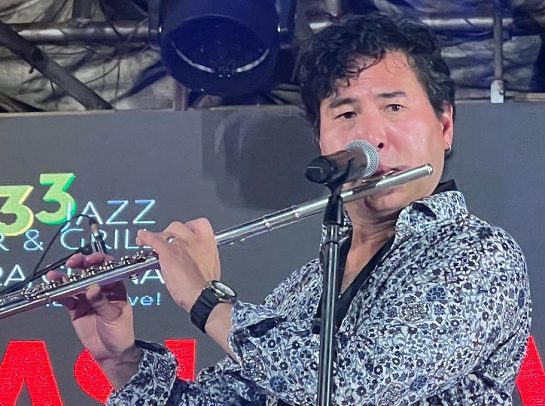



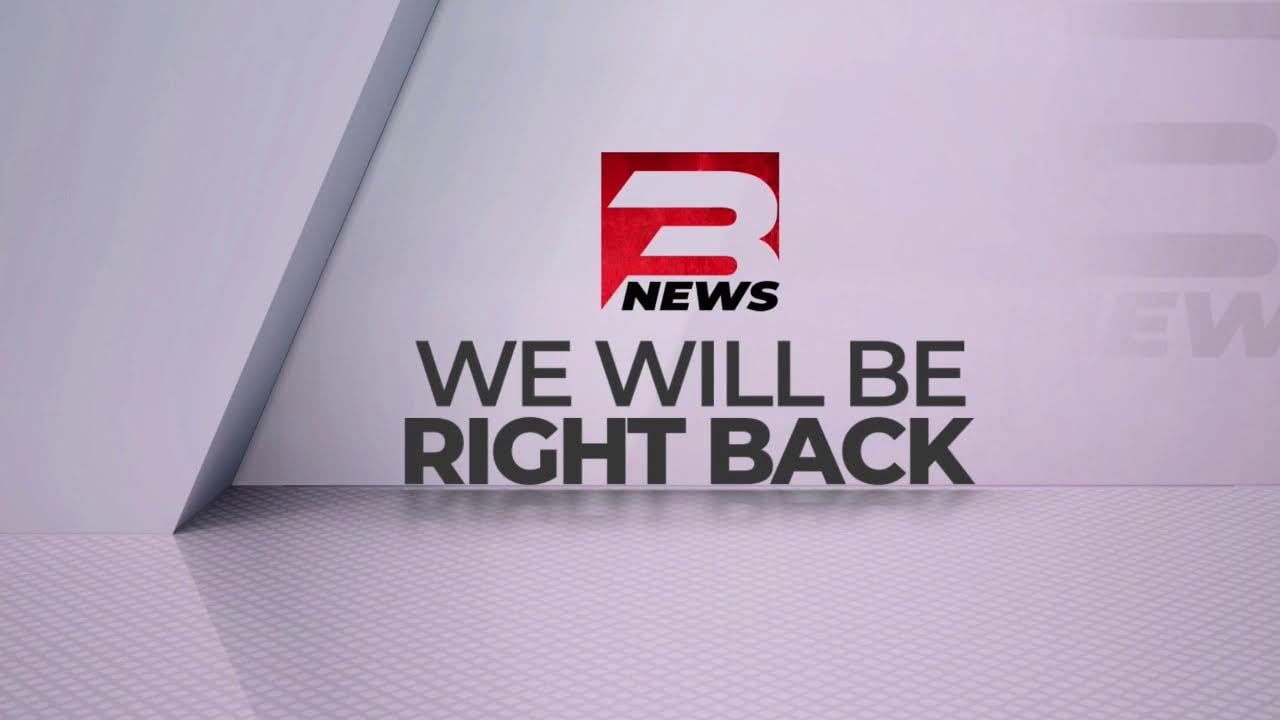



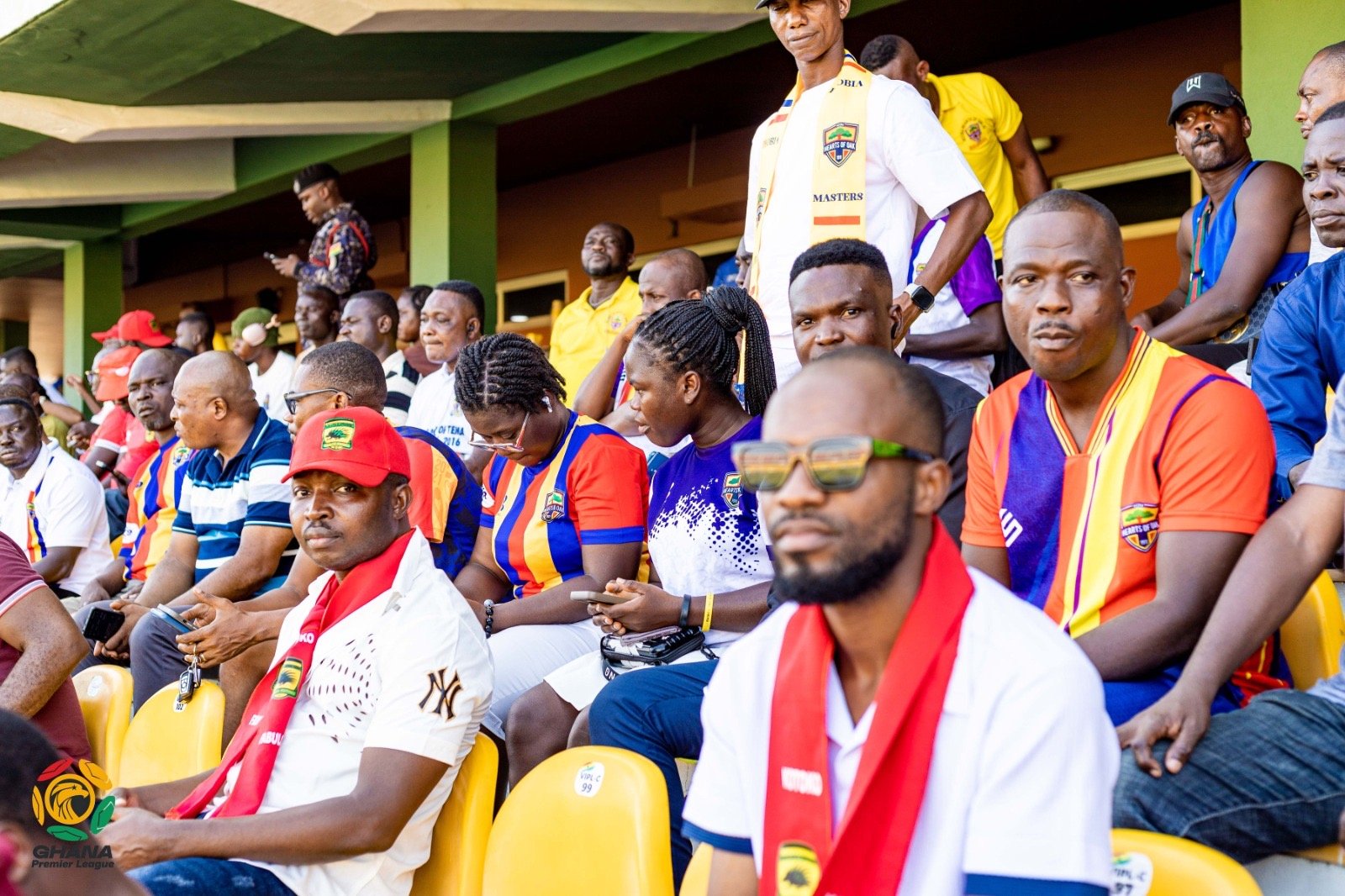














Facebook
Twitter
Pinterest
Instagram
Google+
YouTube
LinkedIn
RSS